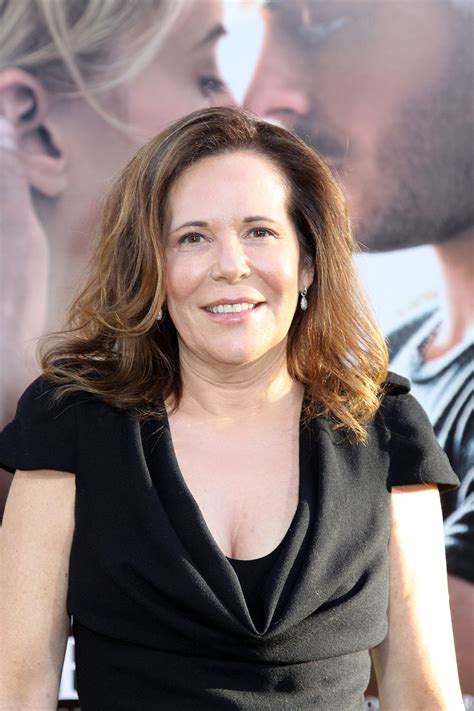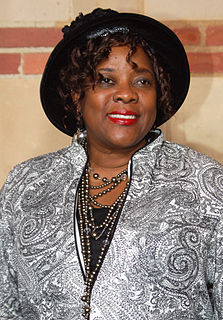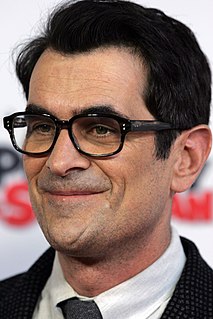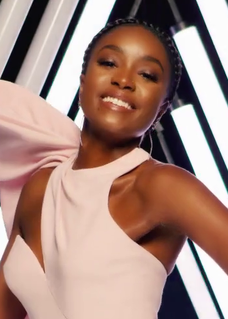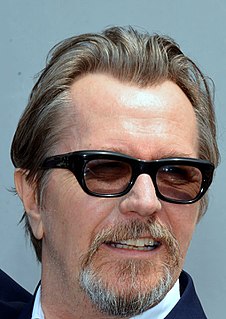A Quote by Sean Penn
A lot of critics sometimes get into analyzing the way actors direct versus non-actors directing. And they really always miss it. It's one of those things where, by not being practitioners, they just came up with something that made sense to them.
Related Quotes
You can't ask the guy with the checkbook to always be the person. So, we actors have to try. And believe me, it's not just young people who are struggling with this, trying to get things of substance made because of the proliferation of technology that it's just harder and harder to get things that really matter made. But they are being done and you just have to fight the good fight and try to... if you have something that you have written, you have to do your best to try to get it made in whatever way you can.
Well, actors get very frustrated with giving control to other people. They have their own ideas and wants for their characters. Warren Beatty once told me that he thought actors ended up directing out of frustration. If you have a strong sense of how to communicate a film, you should direct. The problem is that it is a huge commitment. I'd rather direct a play than a film due to the time. A movie can tie you up for a year or more.
A lot of the times the first take was the best, because the actors are not analyzing themselves as much; they just do it. I believe in happy accidents and I'm not necessarily into actors getting the dialogue exactly as I wrote it; I'm much more into them understanding the motivations and have it come out in a natural way, and maybe catch something that I didn't expect.
There are etiquette things that actors, new actors, need to know about. Because it only takes one mess-up on a set to get fired. Not being where you're supposed to be or saying something to the wrong person that you're not supposed to say, and those are like basic things that the actors need to know.
Comedians work great as actors because they're good under pressure. With a lot of actors, you have to make them feel like everything's going really well to get a good performance out of them. But, if you have a comedian on the set, you can tell them, 'Hey, you really are screwing this up,' and then they just get better.
The thing I was up against in documentary films - was trying to get non-actors to convincingly play themselves in a way I'd come to know before the camera started rolling. And many non-actors can't do that convincingly, even if they just have to play themselves - they can't be naturalistic. And I would always want to recreate something I'd witnessed them do or say, and it just would be incredibly difficult because of the fact they weren't actors.
It's kind of a crazy thing with kid actors because a lot of them get hired without people really knowing if they're good or not. They get hired for the way they look at a really young age. You also have your fingers crossed around kid actors... because the lessons they learn on set aren't always the best. You can really get whatever you want.
A lot of directors on a base level are fearful of actors and maybe even distrustful. I love the craft of acting and I love actors so I think they can probably sense that. They also know that I understand what their process is, having done it myself. The thing I come back to over and over again is that for most people who are not analyzing it from a critical point of view, most iconic film moments are actor moments. We show up to commune with another human being and their experience. We don't show up necessarily to watch a really cool dolly shot.
What I learned about acting, from my experiences directing, is why so many producers and directors don't like actors. You go through all of this work securing a location, figuring out how to get electricity there, how to get trucks parked where they need to be, and where catering is going to come from. And if the actors don't come up with some magic, it actually didn't matter. That creates a lot of animosity towards the actors.


